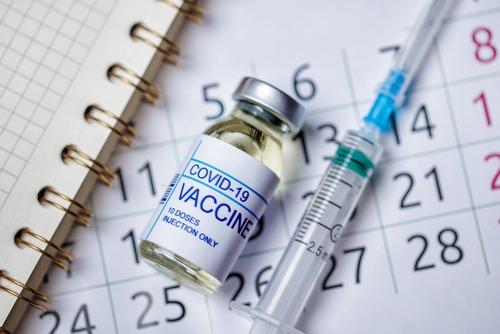
The failures, successes, and lessons learned from the rollout of COVID-19 vaccines should be incorporated immediately into future pandemic vaccine planning if the world hopes to avoid the delays and pitfalls of the modern ecosystem, according to a new report from the Johns Hopkins Center for Health Security and The Council on Foreign Relations.
In their report, “Navigating the World that COVID-19 Made: A Strategy for Revamping the Pandemic Research and Development Preparedness and Response Ecosystem,” the organizations argued for immediate efforts to revamp the pandemic research and development system from the ground up. Governments, multilateral and international institutions, as well as the private sector all have roles to play to make this happen.
“Most low- and middle-income countries have been unable to acquire and administer a sufficient supply of COVID-19 vaccines, and the dearth of vaccines and limited capacity to deliver them are prolonging the pandemic and contributing to destabilizing economies and societies around the world,” the authors wrote. “Only by translating lessons learned from the current, deeply inequitable global response into viable, equitable action can the world change in time for the next crisis.”
Failure, they made clear, has plagued the rollout of COVID-19 solutions as they have not been quick, nor have they been equitable in allocation or distribution. This is in spite of the fact that vaccines offer health, social and economic benefits during a pandemic. The authors wrote that COVID-19 has illustrated that most nations will hoard supplies of early countermeasures during times of scarcity of crisis and that geopolitics can work heavily against response and global health security. At the same time, COVID-19 showed that pandemics can be hugely profitable for vaccine manufacturers.
Because of these realities, the researchers pushed six recommendations, including:
- Develop and fund an R&D strategy of prototype vaccine candidates for future pandemics
- Enlist local government and donor financing and policy support to aid scale-up of global vaccine manufacturing
- Create and support equitable financing, procurement, and allocation mechanisms
- Strengthen international trade, standardization, and supply chain transparency to grow vaccine manufacturing and access during a crisis
- Build systems needed for vaccine distribution, allocation, and uptake
- Coordinate and plan post-market research studies globally




